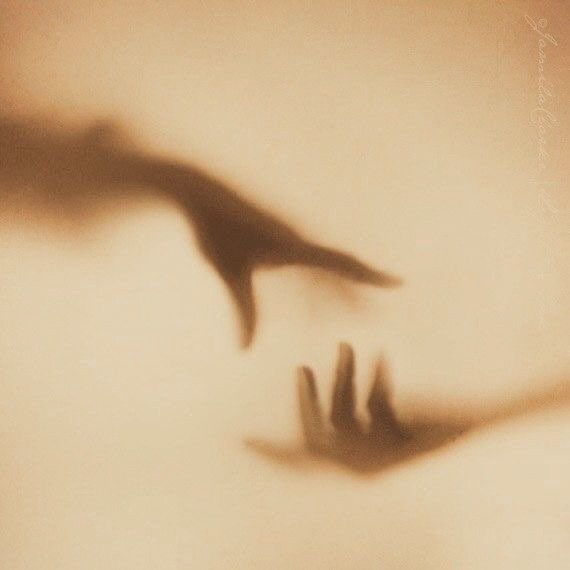

He came right up to her and stood there simply watching. He smiled. She was like a bird,
he thought, with her head tucked under her wing. Not really, but that was how he saw her.
Though her cupped hand covered half her face he could make out a sweet face, very pale skin,
a mole on her throat; her hair was brown, cut quite short. Her eyes were closed; he decided
they would be blue.
He saw her pale skin become transparent.
She saw his hands as clear as glass.
And they thought: too late. It comes too late.
Invisible motes of their selves were drawn off and were sent away from that gray place. Were
sent where needed to maintain balance. One and one and one, separated on the wind and blown
to the farthest corners of the tapestry that was time and space. And could never be recalled.
And could never be rejoined.
So they touched, there in that vast limbo of wasted time, for the last time, and shadows existed
for an instant, and then were gone; he first, leaving her behind for the merest instant of terrible
loneliness and loss, and then she, without shadow, pulled apart and scattered, followed.
Separation without hope of return.
— "Count the Clock That Tells the Time" by Harlan Ellison, 1978.
